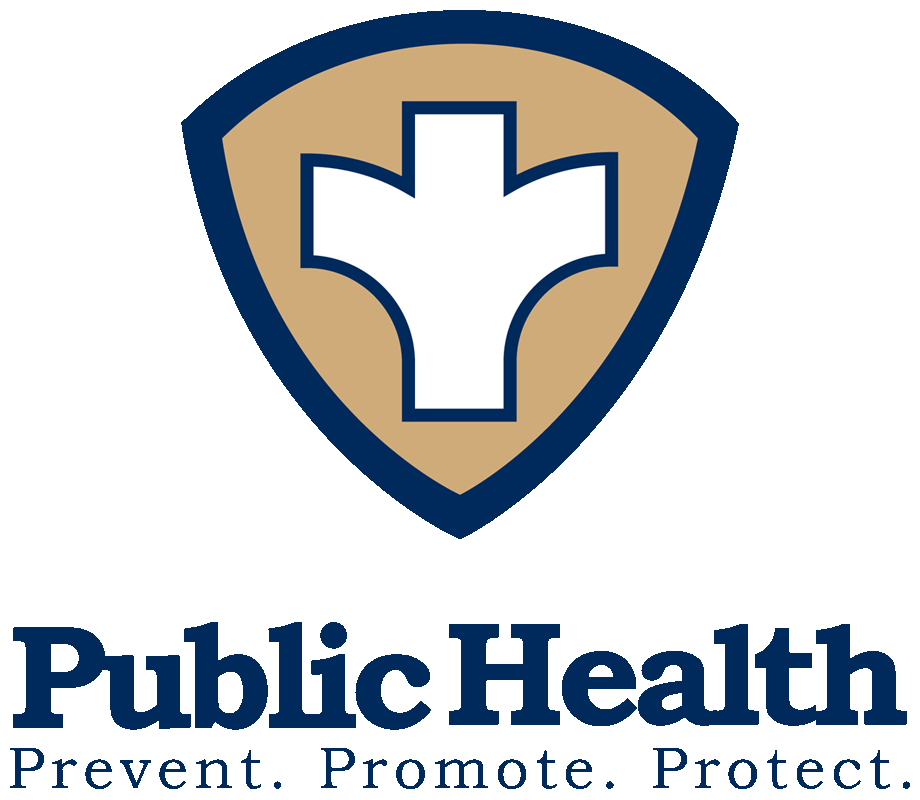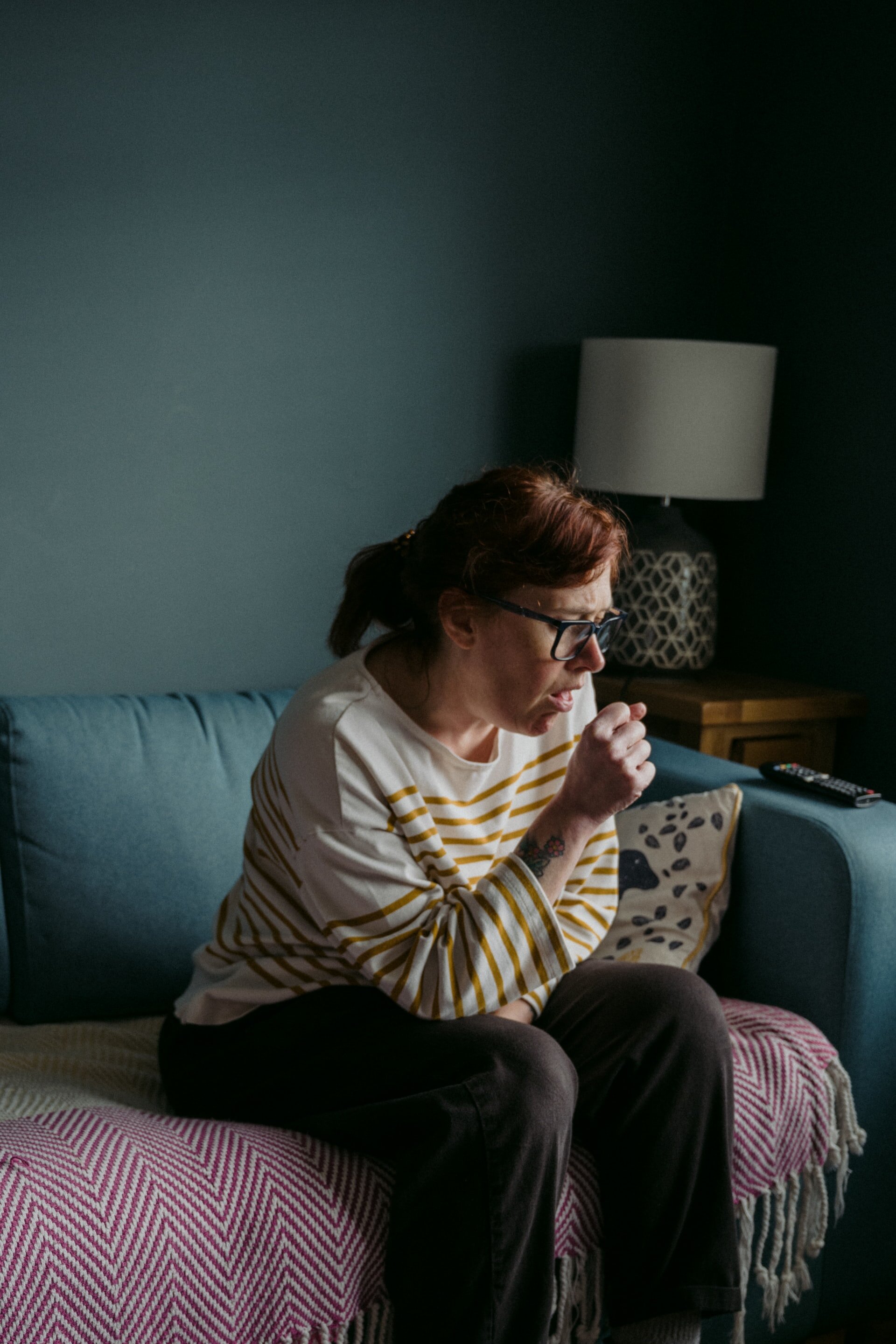Tuberculosis
Tuberculosis (TB) is a contagious disease which usually affects the lungs although it can cause illness in other parts of the body. It is transmitted from one person to another by coughing.
The common symptoms of pulmonary TB are coughing, sometimes with a little blood in it, weight loss, fever, night sweats, and feeling tired. Usually symptoms are present for at least 2 weeks and get gradually worse. Children can get TB, but usually don’t pass TB to other people because they don’t cough as much as adults. TB is more common in people who have traveled or lived in SE Asia, Africa, and some parts of Eastern Europe.
Testing
There are two kinds of tests to find out if you have a TB infection. The first kind of test is a blood test. The other test is a skin test, called a PPD. A skin test involves injecting some testing material, called tuberculin, under the skin on the inside of your forearm. We have medical staff to help you choose the best test for you. We do both kinds of TB tests at North Central Public Health District. Whether your first TB test is a blood test or a PPD, a positive first test does not necessarily mean that you have active TB disease. If your first TB test is positive, you may need a chest X-ray and a sputum test. The X-ray will look for any damage in your lungs that could be caused by TB. For a sputum test, a nurse will collect some of your phlegm to look for TB bacteria under the microscope and to look for DNA from TB bacteria. People with active TB disease in their lungs can make other people sick.
Follow Up & Treatment
After reviewing your medical history and chest X-ray, health department staff will work with you to make sure you get treatment if you need it. If you have TB but don’t have health insurance, or can’t afford testing and treatment, we will help you get the medicines and X-rays you need. TB can remain dormant within your body for a long time, and you might not get sick for months or even years after you are first infected. This is called latent TB infection. Some people, but not everyone, with latent TB infection may need preventative treatment.
If you need a TB test, call us at 541-506-2600 to make an appointment. We may be able to fit you in the same day.

